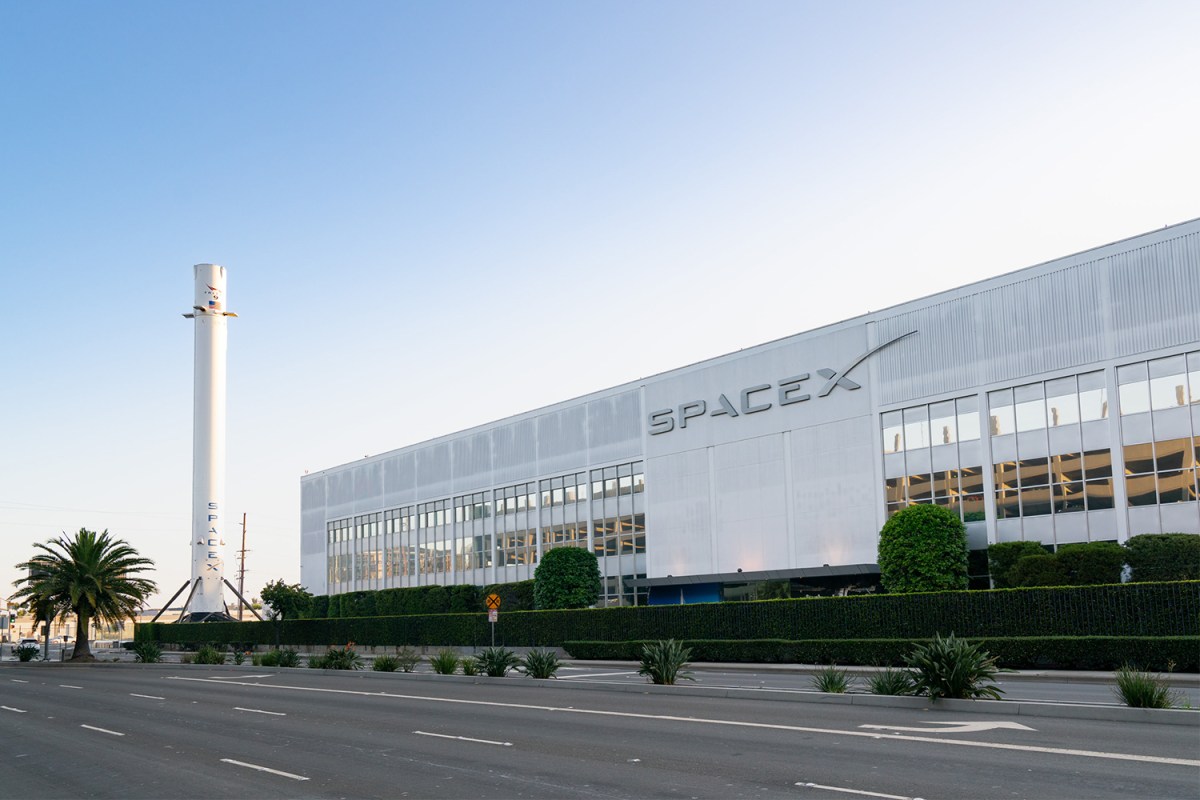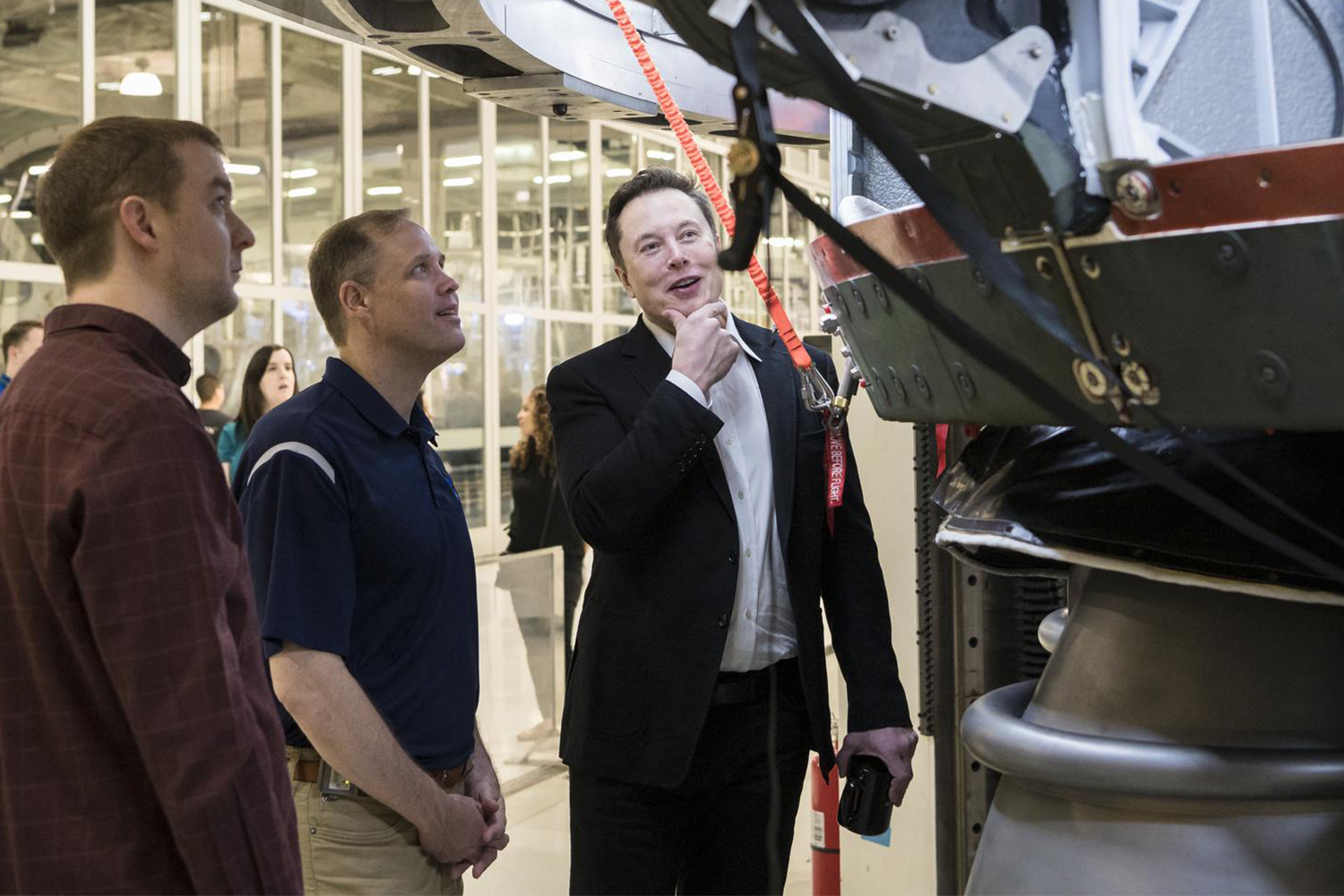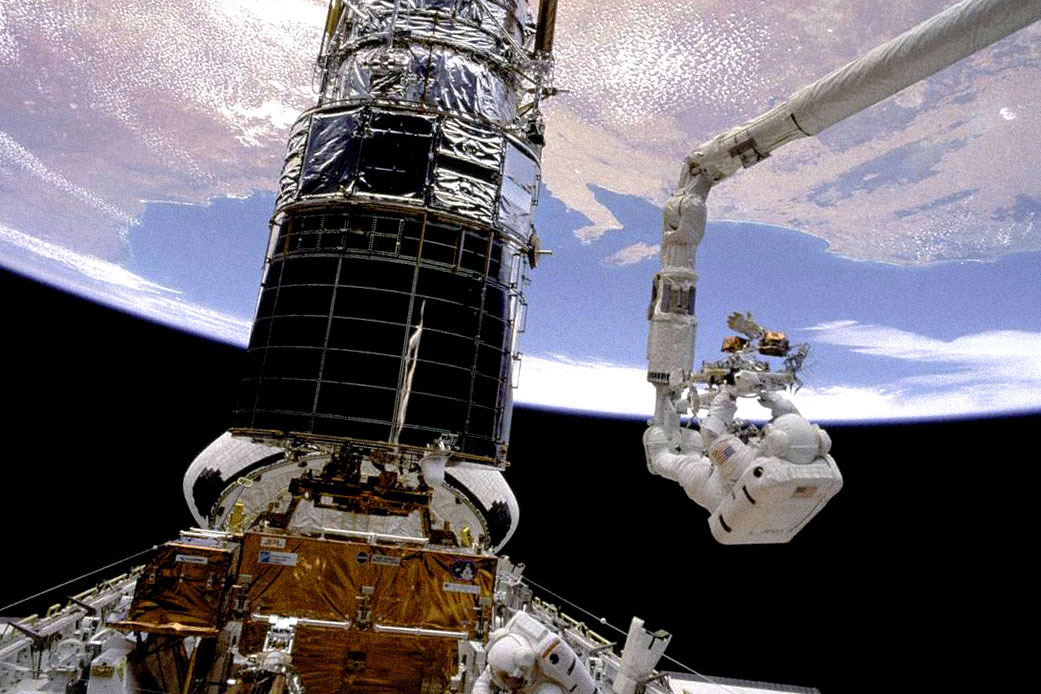It’s right there on SpaceX’s website: Making Humanity Multiplanetary. Since its founding in 2002, Elon Musk’s space exploration company has said its main goal is colonizing Mars. But as the Wall Street Journal details, SpaceX is increasingly finding the path to its final destination runs right through the military.
“In recent months Mr. Musk’s team has secured deals for everything from launching some of the nation’s premier national-security satellites to improving weather forecasting for the military to building a new generation of small spacecraft intended to track hostile missiles,” writes the Journal.
The lucrative Pentagon business is a far cry from where SpaceX was just a few years ago, when Boeing and Lockheed Martin, under a partnership called the United Launch Alliance (ULA), held a “virtual monopoly launching high-value military payloads.” This summer, ULA scored about 60% of Pentagon satellite launches over the next few years while SpaceX won the other 40%, beating out Jeff Bezos’s competing aerospace company Blue Origin.
SpaceX isn’t quite at the level of Boeing or Lockheed yet when it comes to military contracts, but as Ken Possenriede, Lockheed Martin’s chief financial officer, reportedly said of Musk’s company in October, “They are more than an emerging threat right now.”
The playbook for SpaceX’s burgeoning military business is a combination of demonstrated success in the civilian and commercial market, a strong lobbying effort (which the Journal describes as “one of the most combative and successful”), and fostering relationships by hiring ex-military officers.
Why is Musk, someone who has built his devoted fanbase on lofty ideals, navigating the minefield that is military contracts? In short, building the technology that will eventually get people to Mars costs billions of dollars. And the U.S. military? They’ve got that kind of cash.
Thanks for reading InsideHook. Sign up for our daily newsletter and be in the know.

















